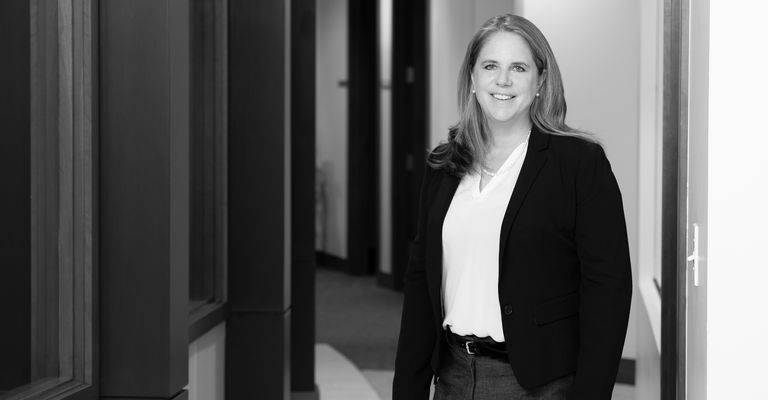

Partner; Chair – Global Data Privacy and Security Practice; and Global Practice Group Leader – Technology, Commercial & Data, Boulder

Insights
California Turns to the Use of AI in HealthcareIn another example of the patchwork of AI laws quietly coming into force across the US, California passed at the beginning of this year a new law regulating the use of certain AI technologies by some types of healthcare facilities. Effective January 1, 2025, California’s AB 3030 requires health facilities, clinics, doctor’s offices, and group practices to disclose when they have used generative artificial intelligence (“genAI”) to communicate clinical information about health status to patients.[1] In these circumstances, the law requires both: 1) a disclaimer that the communication was generated by genAI, and 2) clear instructions about how the patient can contact a human healthcare provider or other appropriate individual.[2]
The law includes two exemptions to its disclosure requirements. First, AI-generated communications read and reviewed by a licensed or certified healthcare provider are exempt.[3] Second, the statute does not apply to administrative tasks like appointment scheduling, even if such tasks are AI-assisted.[4]
Although the scope of AB 3030 is relatively narrow, the use of AI technologies among providers is without a doubt on the rise and with good reason. Providers can utilize AI-based technologies in many different ways to improve efficiencies, the patient experience and even their own approach to medicine (e.g., note taking technologies that summarize patient visits and streamline the administrative portions of a patient visit). Therefore, with regard to this law specifically, in-scope providers and businesses should carefully examine whether the types of technologies that might be considered genAI trigger the requirements of this law, as many will likely not. Then, for those that do, they will either need to meet the notice requirements described above, or more practically, will need to take the time to review the communications produced by genAI in order to meet the exceptions for the new requirements. Companies should also take the passage of this law as a sign that they will need to carefully monitor on an ongoing basis their use of new AI technologies to make sure that new and evolving compliance obligations are anticipated and addressed.
With growing AI regulation across all sectors and expected increases in AI-related litigation in 2025, businesses can use BCLP’s State-by-State AI Legislation Snapshot to stay informed and align their goals with the latest AI developments.
[1] Cal. Health & Safety Code § 1339.75(a).
[2] § 1339.75(a)(1), § 1339.75(a)(2).
[3] § 1339.75(b).
[4] § 1339.75(c)(7).


Partner; Chair – Global Data Privacy and Security Practice; and Global Practice Group Leader – Technology, Commercial & Data, Boulder
Back to top